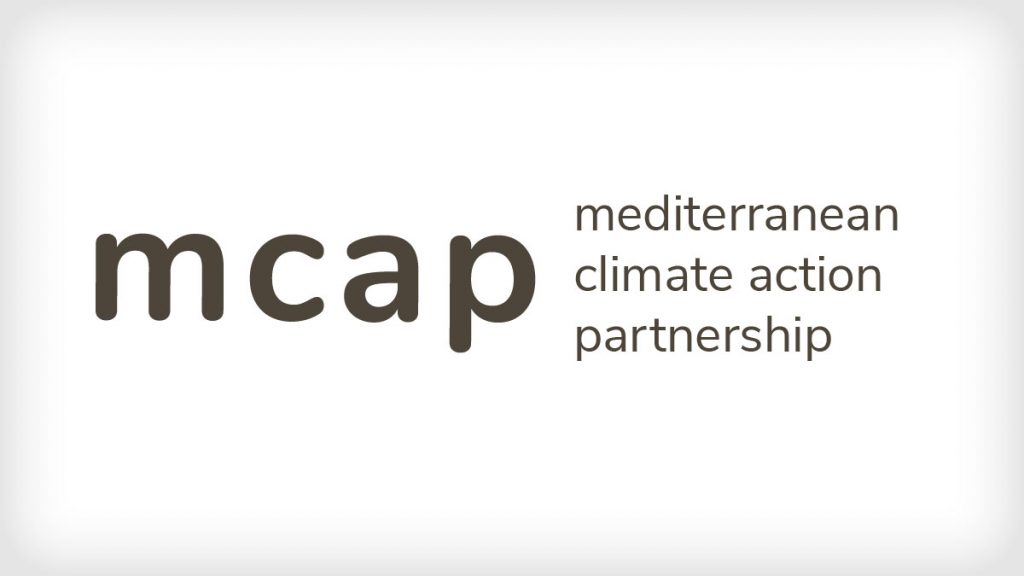Our Research
The School creates transdisciplinary capacity to combine the climate-related knowledge systems of Stellenbosch University’s faculties, the public sector’s climate policies and initiatives, the private sector’s climate redress and innovation capacities and the social impact mission of Stellenbosch University; all in support to achieve a climate resilient society and low carbon economy.

Planetary Health
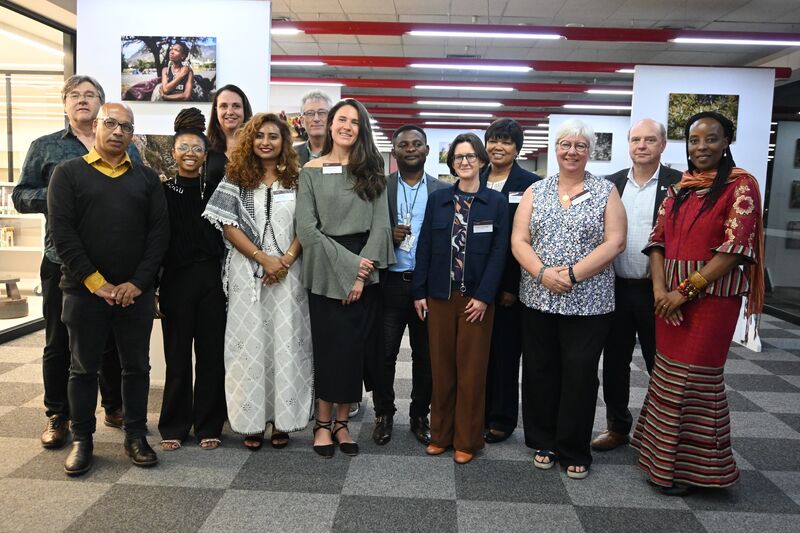
Policy, Communication, Networks

Mitigation Risks & Solutions
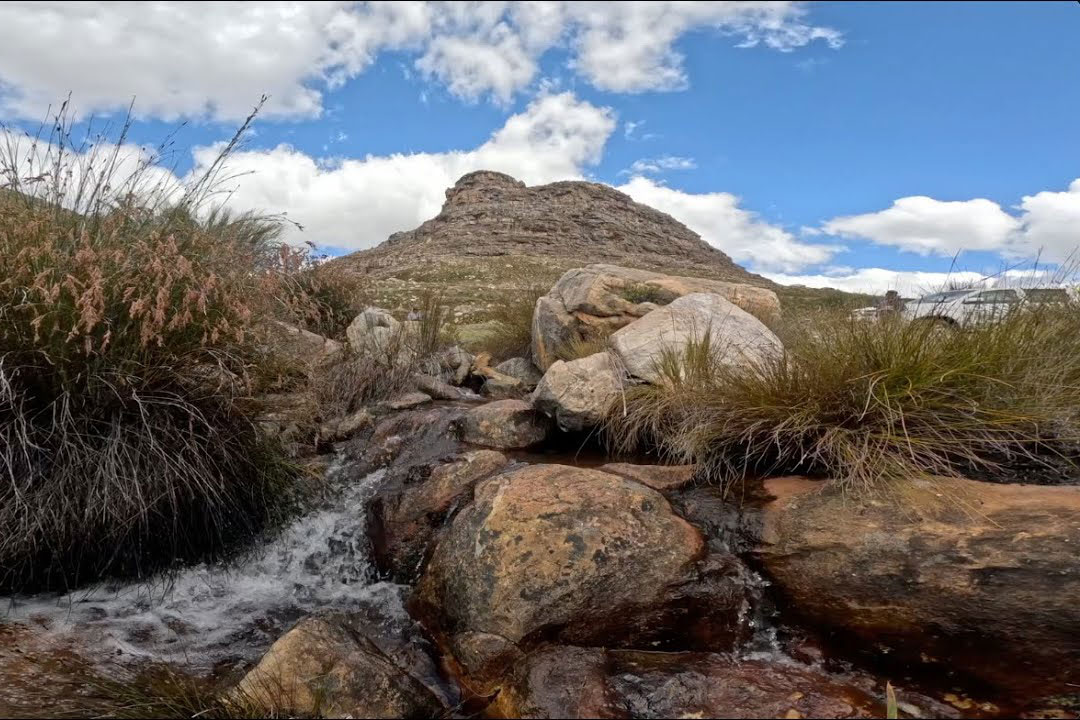
Climate Impacts & Adaptation
Initiatives
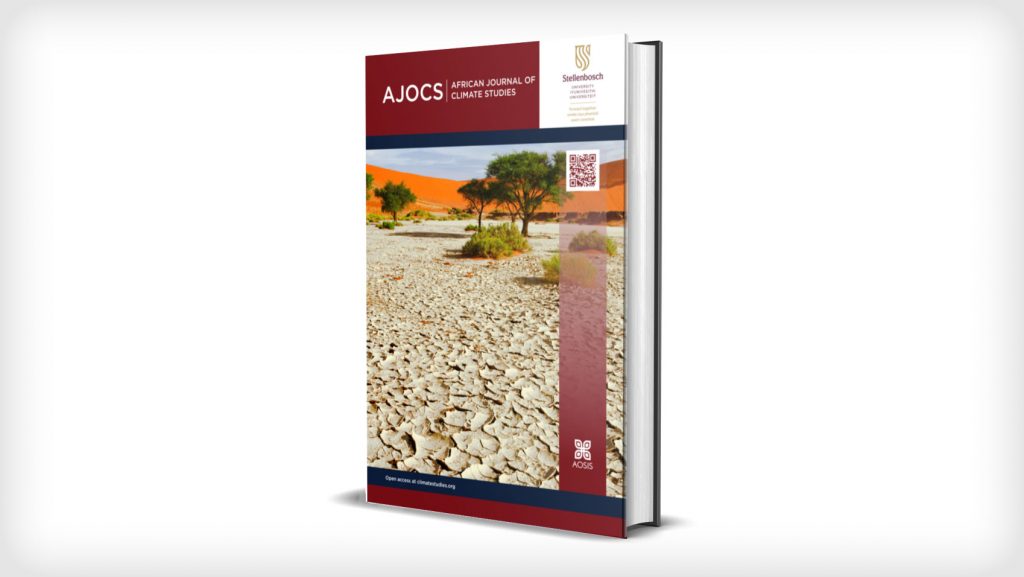
African Journal of Climate Sciences

Global Alliance of Universities on Climate (GAUC)
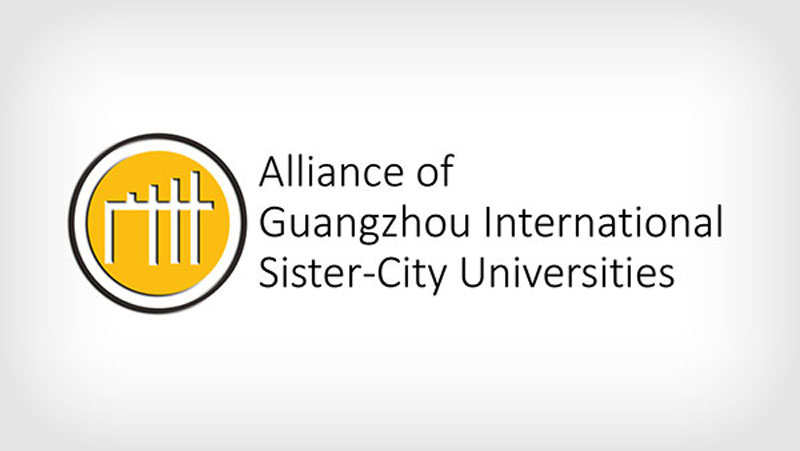
Guangzhou International Sisters Universities (GISU)

Nature Positive Universities
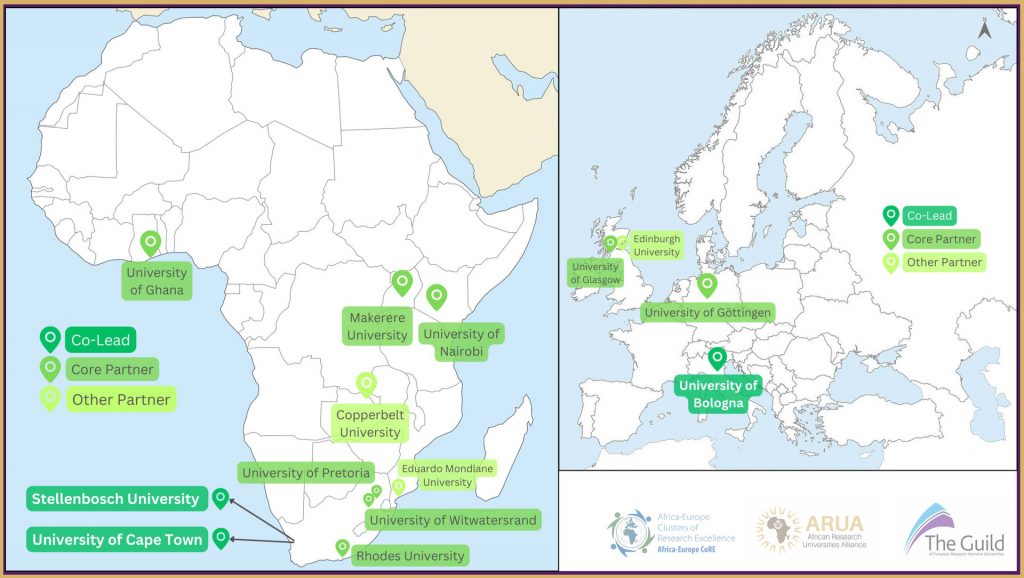
Africa-Europe CoRE: Nature-Based Solutions Cluster of Research Excellence
